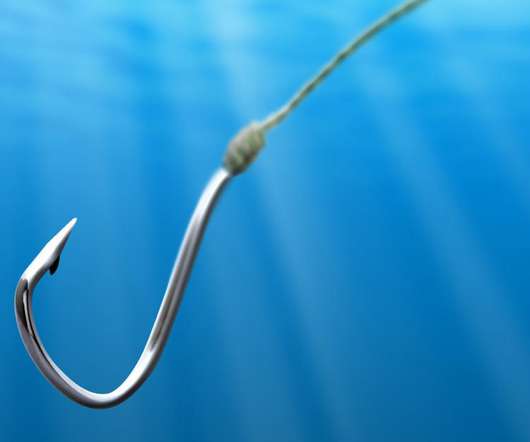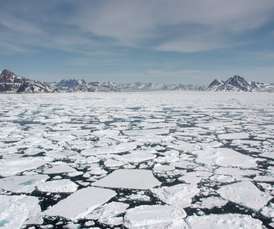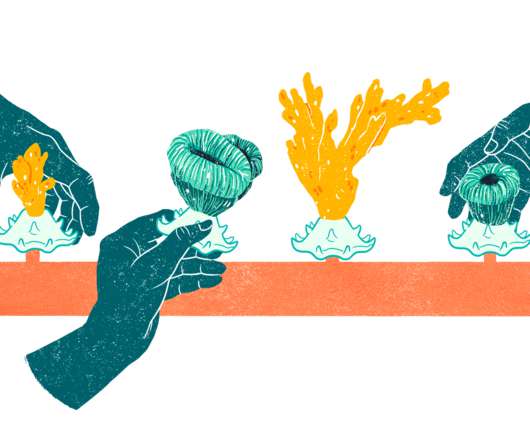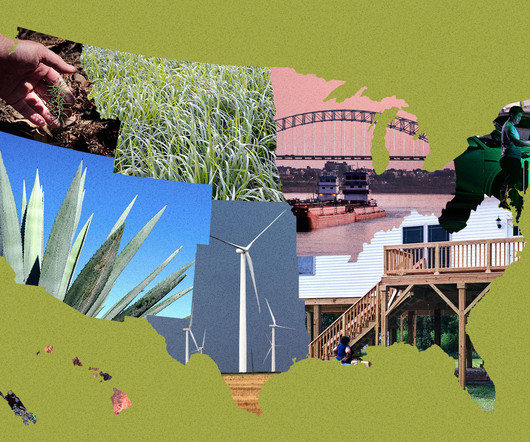Can Bumble Bee and Nestlé hook the world on fishless fish?
GreenBiz
JUNE 8, 2021
Large companies including Bumble Bee, Nestlé, Tyson, General Mills and Thai Union are making various plays, whether by investing in upstarts or flexing their research and development muscles to cultivate new products. By 2030, it expects demand for seafood to be 30 percent higher than 2010 levels.















Let's personalize your content